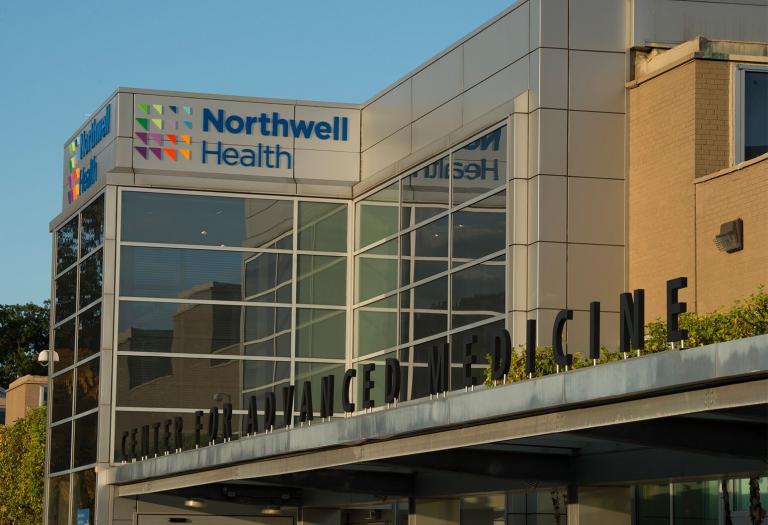On the Road
On the Road Blog Series:
How Envetec and Northwell Health are Spearheading the Treatment of Regulated Medical Waste

This week, we announced a significant milestone for both Envetec and Northwell Health, New York State’s largest healthcare provider. Together, we are spearheading a transformative approach to treating regulated medical waste (RMW) in the United States, marked by the installation of Envetec’s GENERATIONS® clean technology at Northwell’s Core Laboratory. This partnership not only underscores Northwell Health’s commitment to environmental stewardship but also aligns with our ongoing conversations with laboratories globally, as they seek to transition from unsustainable conventional waste management methods.
The Urgency of Climate Action in Healthcare
Given the inaugural launch of Health Day at COP-28, with over 120 countries signing a declaration to build more climate-resilient health systems as well as strengthening collaboration to reduce emissions, Northwell recognizes the urgent need for healthcare institutions to lead the charge in addressing climate change. As Michael Dowling, President, and CEO of Northwell Health, noted in this week’s press release “climate change is undeniably becoming a public health crisis that requires urgent action and leadership from hospitals.” To uphold its commitment to sustainability, Northwell aims to slash greenhouse gas emissions by 50 percent by 2030. The adoption of clean technologies, such as GENERATIONS, is set to play a crucial role in achieving this ambitious goal.
Revolutionizing the Treatment of Regulated Waste Management at the Core Laboratory
To put this into perspective, The Center for Advanced Medicine, home to Northwell’s core laboratory, serves as the central testing hub for a vast network across New York State. The introduction of Envetec’s GENERATIONS technology at this facility marks a significant departure from traditional medical waste disposal and treatment methods. Previously, regulated medical waste, including single-use laboratory plastics, glass, PPE, and sharps containers, necessitated transportation, autoclaving, and landfill. Now, the onsite treatment capabilities of GENERATIONS will handle over 500,000 pounds of medical waste annually, drastically reducing the need for transportation, autoclaving and landfill.
The Critical Need to Capture Scope 3 Emissions
Scope 3 indirect emissions account for up to 80% of total emissions, and in this week’s announcement, we also highlighted the environmental impact of our GENERATIONS technology. An independent analysis, which compared GENERATIONS to conventional medical waste treatment methods across nine global sites, indicates a potential decrease in waste-related Scope 3 emissions by up to 90%. In addition to showcasing our technology, we consider the collection of Scope 3 data points as a crucial measure in addressing the environmental footprint of biohazardous waste. This not only assists hospitals in establishing meaningful targets but also ensures compliance with emerging reporting frameworks and regulations in the US and Europe.
Final thoughts:
The partnership between Northwell Health and Envetec marks a pioneering milestone for both organizations, establishing a new benchmark for laboratories striving to significantly diminish their carbon footprint for RMW. As the first healthcare system in the U.S. to implement this innovative clean technology, Northwell is taking a leadership position in waste management sustainability, mirroring its achievements in many aspects of the Health System’s operations.
I also look forward to keeping our growing community informed as we expand our footprint across healthcare and other sectors, supporting laboratories in breaking away from the conventional unsustainable waste management practices.
All the best
Malcolm